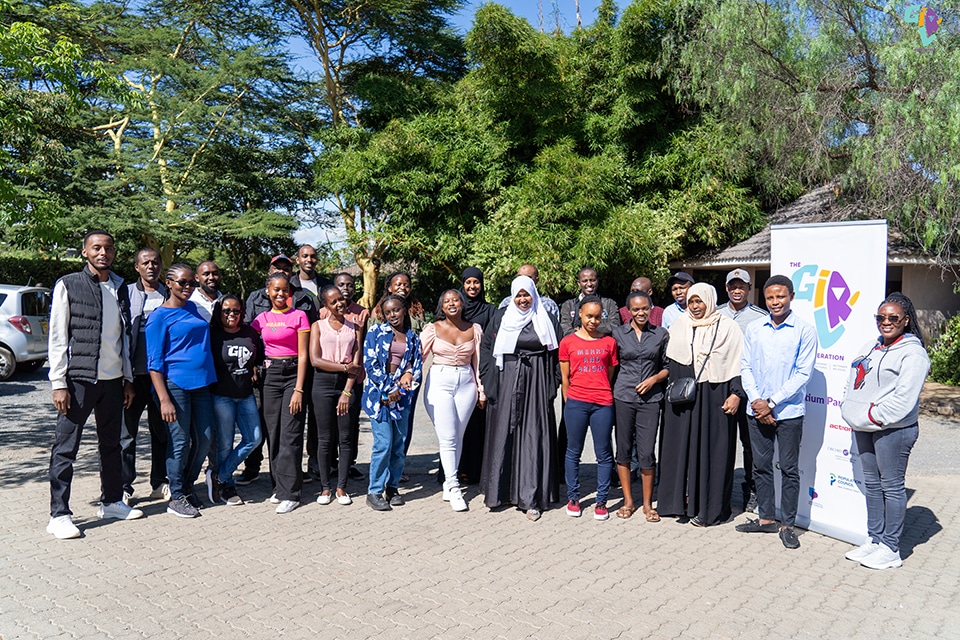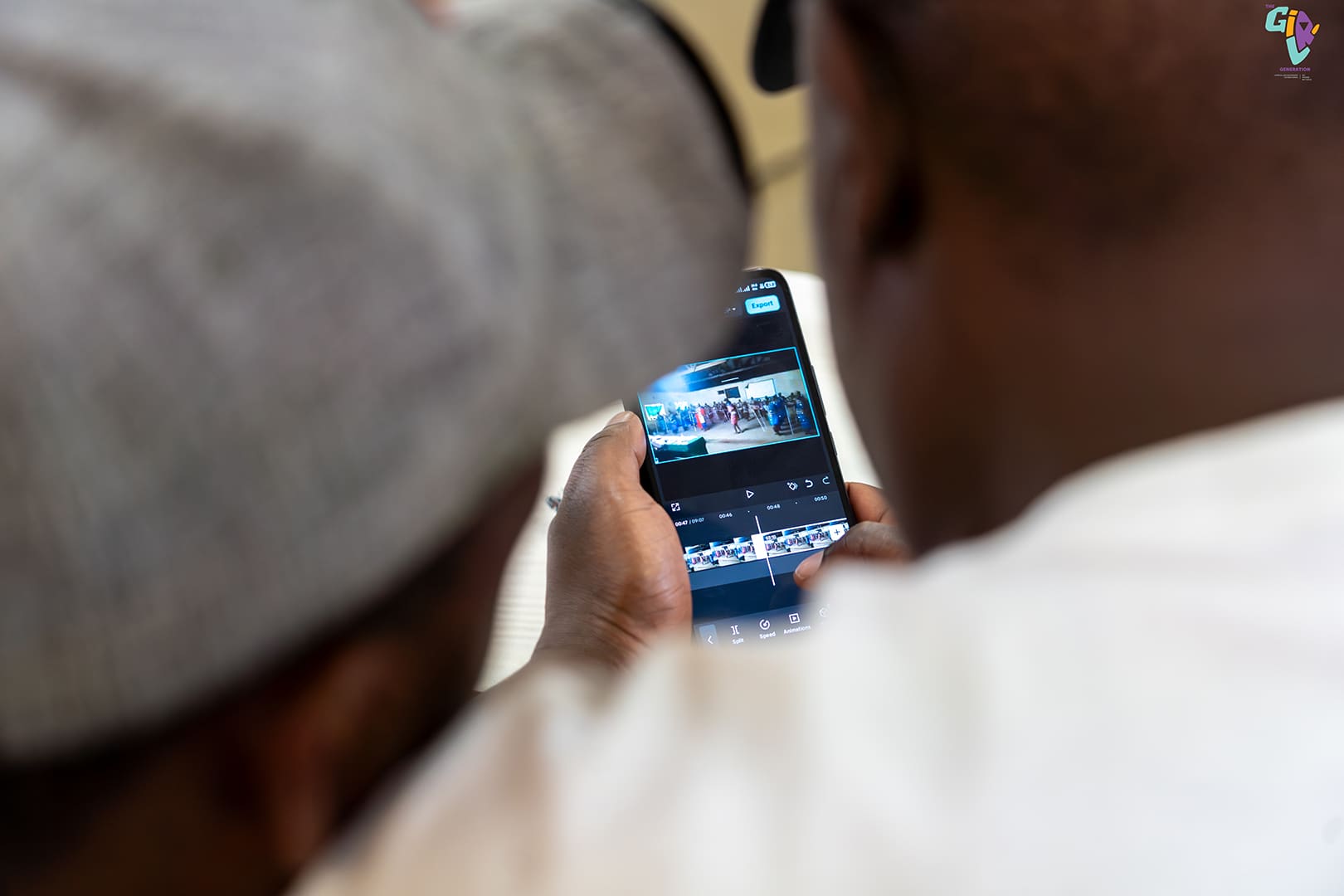Digital storytelling has revolutionized how we communicate impactful messages in social campaigns aimed at ending Female Genital Mutilation/Cutting (FGM/C).
Recently, a transformative four-day review session was held for TGG-ALM grantees, champions, Survivor Leadership Initiative (SLI) participants and university students under the Africa Coordination Centre for Abandonment of Female Genital Mutilation/Cutting (ACCAF). This training aimed to equip the 26 selected participants with the skills necessary to create compelling digital content that advocates against FGM/C and promotes the rights of women and girls.
The capacity strengthening centred on storyboarding, understanding the terms and conditions of popular social media platforms as well as the use of smartphones to develop stories that resonate with different audiences. The use of survivor-sensitive language and a deep dive into audience analysis was integrated.
Strengthening Advocacy with New Skills
Participants were immersed in a comprehensive curriculum that covered everything from basic phone camera operations to advanced filming and editing techniques. The training was designed not just to teach technical skills, but also to help participants craft powerful narratives that can drive social change. Shirleen, one of the participants from ACCAF, emphasized the importance of these new skills:
“The digital storytelling training has empowered me to convey anti-FGM/C campaign messages more effectively within the health sector. Now, I can create engaging content that resonates with our audience and amplifies our cause.”

Cultural Relevance and Language Inclusivity
One of the unique aspects of the training was its focus on cultural relevance and language inclusivity. Issa, a grantee partner from Isiolo, highlighted how he plans to use these skills:
“This training has equipped me with the ability to convey messages in the Borana language, and how to use captions. It’s crucial for our community to receive these messages in a language they understand and connect with.”
Revolutionizing Journalism
For Esther, a journalist by profession, the training was nothing short of revolutionary. The integration of digital storytelling into her work has opened new avenues for impactful journalism.
“The training has revolutionized my approach to journalism. I can now tell stories that are not only informative but also visually engaging by use of AI. This will significantly enhance the way I report on gender issues in particular FGM/C and women’s rights.”
Building a Movement
The ultimate goal of the training was to strengthen the participants’ ability to tell the African story as part of the end-FGM/C movement. By equipping them with both soft and hard skills, the training ensured that participants were not only able to create quality content but also to deliver strong, actionable messages in the digital spaces.
Over the years we have seen digital campaigns reaching a larger global audience with social media allowing advocates to spread their message beyond local communities. Digital campaigns such as #BlackLivesMAtter and the #Metoo movement rallied on social platforms to mobilize protests, raise awareness, and share personal stories, leading to global demonstrations and policy discussions about racial justice and sexual harassment respectively.
The training, conducted by Laban Freizer, a seasoned multimedia consultant included practical sessions that focused on content development, scripting, and message creation. Participants learned how to identify good interviewees, create story arcs, and develop calls to action.
The digital storytelling training has undeniably empowered participants to become more effective advocates against FGM/C. By combining technical skills with a deep understanding of narrative development, participants are now better equipped to drive social change within their communities and locality. As these newly skilled storytellers continue to create and share powerful content, the movement to end FGM grows stronger and more unified.
The Girl Generation continues to play a pivotal role in this transformation, envisioning a world where girls and women can exercise their power and rights, have expanded choice and agency, and be free from all forms of violence.

